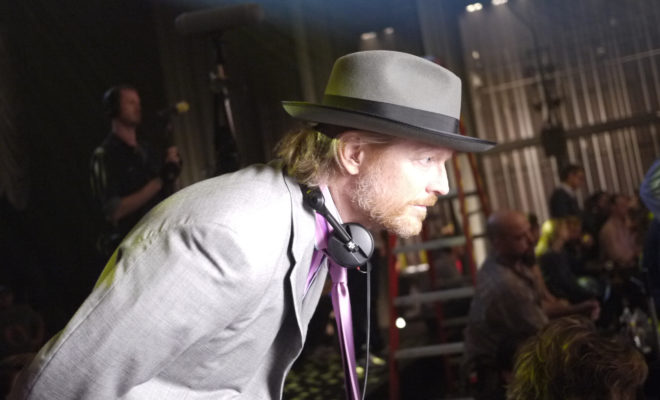
People
Scenes From an Interview
20 Scenes Celebrating Sarasota Film Festival’s 20th Year
by Gus Mollasis
As the 20th annual Sarasota Film Festival approaches, I was excited to ask some questions of Eric Stoltz, whose portrayal of teenager Rocky Dennis (who suffered from a facial deformity) in the Peter Bogdanovich’s film classic Mask always moved me to do what all great films do – laugh, cry and think. Stoltz’s film Class Rank, which he directed, will open this year’s Sarasota Film Festival, taking place April 13 through April 22.
I always look forward to those ten days in April when all of our attention turns to the magic of film. It also brings to mind some of the great artists and filmmakers I’ve had the pleasure to share some scenes with over the years. But let’s start with some scenes from my interview with Eric Stoltz, the man behind the camera and the mask.
Scene 1: Actor & Director Eric Stoltz
What is the greatest challenge for you as a director that you don’t have when you are acting in a film?
Stamina and self-reliance.
What was it like working with Bruce Dern in Class Rank, and what do you hope people take away when they see this opening night film at the Sarasota Film Festival?
It was a delight from start to finish. I’d known Bruce over the years, and he was always a truly interesting fellow but working with him gives you an idea, a very slight idea, of how imaginative and creative a man he is. As to what people see in the film, there are hopefully more than a few things they can walk away with, but overall, I would love people to have a good time.
Do you have a favorite scene or memory from Mask?
Well at this point it’s all a jumble, but I’ll tell you what stayed with me. While we were making the film, I’d go in at 4:30 or 5:00 a.m. to have makeup applied, and then we wouldn’t take it off for the rest of the day since it took four hours to apply. We were shooting in Azusa, California, and at lunchtime I’d often walk around the neighborhood, just to stretch my legs and clear my head. People would see me (him) and shout rude things. Some kids threw some stuff at me – general inhumanity that I found surprising and oddly helpful. But then after we did the film, I was walking along Central Park South with Cher, and a very similar thing happened with her. She’s so famous that simply walking down the block was no easy task. Those two experiences are related to each other in my memory. People weren’t cruel to Cher, but her fame, just like Rocky’s looks, were ever present. It’s hard to imagine dealing with it on a daily basis.
What is the greatest thing you learned from working with Peter Bogdanovich?
An appreciation of great classic films. He would screen films for Laura Dern and me – projected! John Ford, Hitchcock, Wilder, Lubitsch, Welles. Then we’d sit around and chat about them. Of course, he would point out scenes that related to the film we were making, so it wasn’t entirely altruistic, but it was also a great learning experience for me.
How much has being an actor helped you with being a director?
I would hope a great deal. I prioritize performance over technique…although it’s not always my choice.
Why do you love film?
It is the perfect combination of words and music and image.
What’s the difference in the joy you receive from acting in a play versus film or television?
It’s been awhile since I’ve truly acted, but the play is immediate and electric. Film becomes a bit like reading an old journal by the time it comes out. Television is like juggling chainsaws and trying to remain calm.
What is the greatest thing you learned from working with Quentin Tarantino?
Quentin’s passion for film is intoxicating, and it inspires the cast and crew. When someone truly loves what they do, it tends to bring out the best in others.
What is the most important part of the collaborative film process?
Being able to spot a good idea no matter the source.
What are some of your favorite films of all time?
Network, I Vitelloni, On the Waterfront, Modern Times, Red River, The Godfather, and Duck Soup.
Now – for some of my favorite interview scenes with past stars appearing at the Sarasota Film Festival.
Scene 2: Oscar Winner Olympia Dukakis
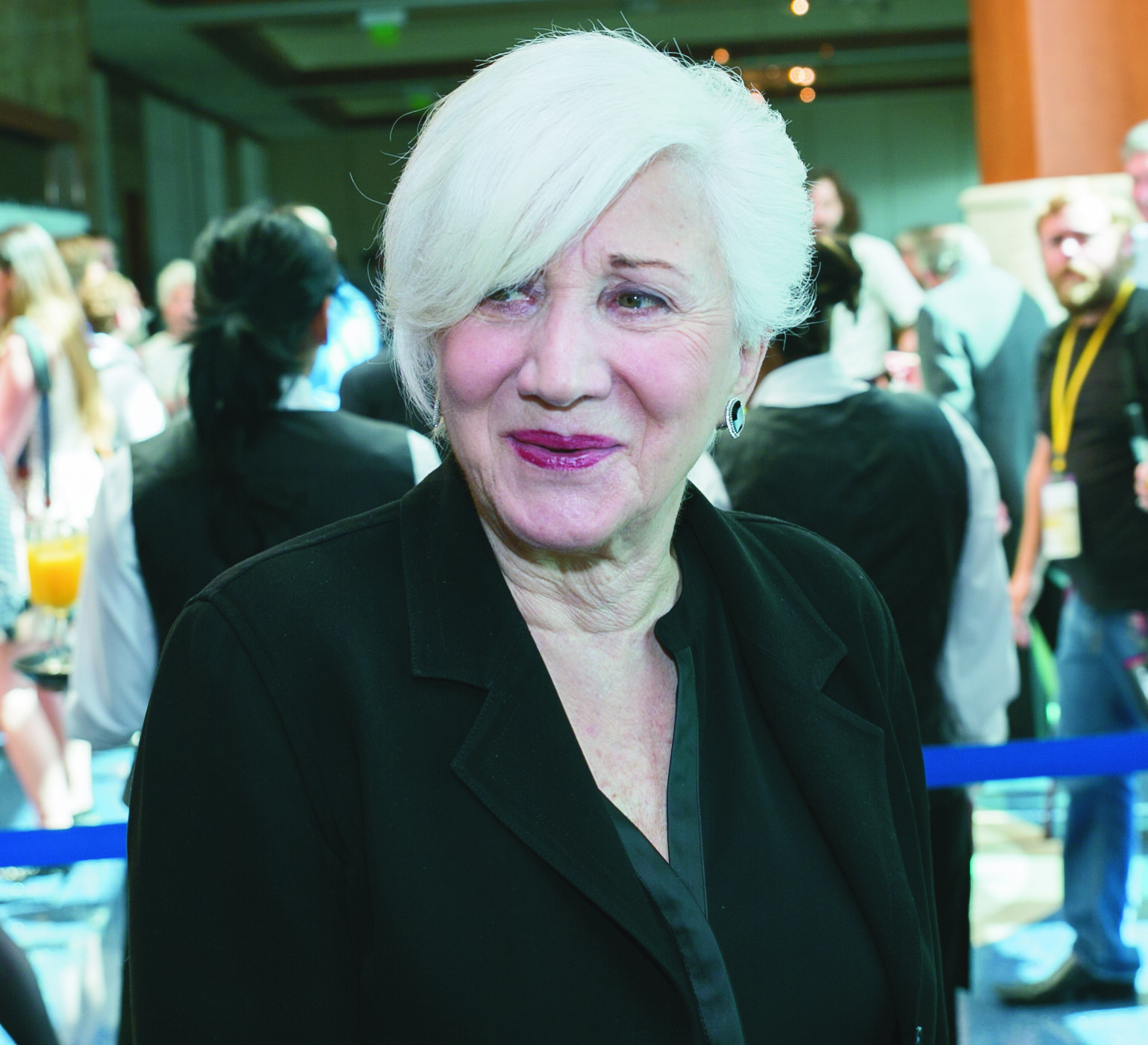 What is your advice to those who want to pursue their dreams and how did you keep believing in yourself?
What is your advice to those who want to pursue their dreams and how did you keep believing in yourself?
If there is really nothing else you can do, then you should go for it. But if you have some other things that are calling you maybe you should do them, because this is a tough business. I had no choice. There was nothing else I wanted to do. Absolutely. I lived in a hallway. I had no peripheral vision. I had to do it.
Scene 3: Oscar Winner Richard Dreyfuss
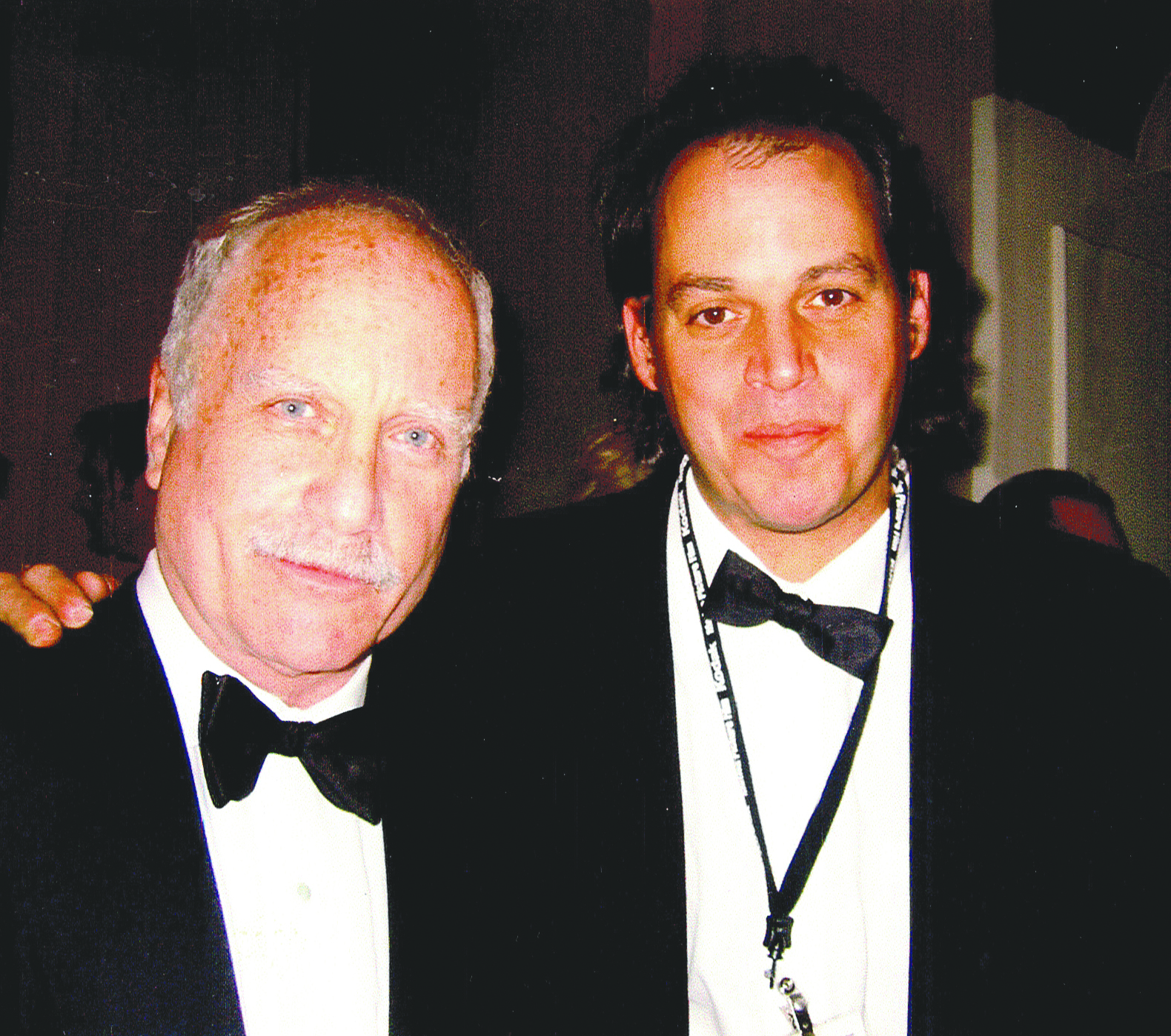 Who are some of your heroes of the silver screen who made you want to be an actor?
Who are some of your heroes of the silver screen who made you want to be an actor?
Lots of people. Spencer Tracy. Humphrey Bogart. Cary Grant. Charles Laughton, Jimmy Cagney, Errol Flynn and Marlon Brando.
Are you still the youngest man to win an Oscar?
I’m the youngest man to do a lot of things – most of those things we won’t talk about. (Laughs)
Scene 4: Oscar Winner Louise Fletcher
Where did you go to create that character Nurse Ratched (One Flew Over the Cuckoo’s Nest) who has been named to AFI’s top ten villains of all time?
Somewhere deep inside. It feels great. Milos Forman brought her to life and made her a real person instead of a monster and I got to help a little with that. I’m proud of it – very proud of it.
Scene 5: with Emmy Winner and Oscar Nominee William H. Macy
What was it that drew you back to the Sarasota Film Festival? And what is the distinction between some of your acting heroes whether they are leading or supporting?
Little films like Door to Door and Stealing Sinatra. We need these festivals. It’s one of the only ways you get them in front of buyers, particularly for movies of the week. If you don’t see it at a festival, then you often don’t get to see it with an audience. Regarding acting, I’ve never drawn a distinction between character actors and leading men. There are the movie stars – the guys that do their thing – but acting is acting. I love the great actors.
Scene 6: Oscar, Tony, Emmy and Grammy Winner Rita Moreno
If you can only keep one, which one of your major awards would you keep and what is the advice for those out there who are trying to make it in the business?
Probably the Tony. I want people to think of me as one Latino who stuck it out, who persevered and never gave up. That’s my advice. Don’t let anybody take your focus away from what is your vision and dream.
Scene 7: Comedian Jackie Mason
Tell me where your comedy comes from?
It comes from my mind. Where do you think it comes from? It doesn’t come from anything that has to do with you. You’ve never contributed to anything in society. You haven’t accomplished anything on this earth. All you do is stand there and look for other people to entertain everybody. You make a living while I’m telling the jokes.
Scene 8: Director Peter Bogdanovich
Your classic film, The Last Picture Show, was shot in black and white. Tell me about conversations with your friend and mentor Orson Welles about the power of black and white film.
I was a great admirer of Welles depth of field in his films and spoke to him about using new improved color film that would allow similar results. He told me as only he could, ‘You’ll never get the same feeling or depth in color.’ He was right as he was about so many things. Black and white has the ability to focus the attention and emotion on screen and because of that, performances are better in black and white.
Scene 9: Director Norman Jewison
Tell me about the Cincinnati Kid with Edward G. Robinson and Steve McQueen.
‘I know something about character kid’ (imitating Edward G. Robinson). Steve McQueen against Edward G. Robinson – the young lion against the old man. The ending of that picture is one that Hollywood didn’t like. They wanted the hero to win. But when the old man throws down and reaches for that Jack and gets it, it’s quite a switch. I love it when Edward G. Robinson looks at Steve McQueen and says, ‘You’re good kid, but you’ll always be second best when I’m around.’ (Laughs) It’s a wonderful film and it’s great to reminisce about things that work.
Scene 10: Tony and Emmy Award Winner Blythe Danner
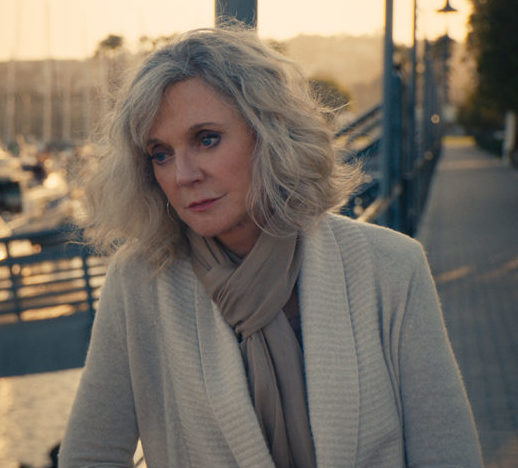 What is your mentoring advice to actresses pursuing their dreams on the stage and screen?
What is your mentoring advice to actresses pursuing their dreams on the stage and screen?
My advice is if you just can’t do anything else, and if your passion is so great that you cannot even entertain the idea of doing anything else, then you must pursue your dream. You have to do it wholeheartedly with all the passion that you have and hopefully you will keep at it and attain the level of success and satisfaction that you can live with. But you must also be prepared for the great ups and downs that are there and be thick skinned and be ready for rejection. And if you find that it isn’t for you, then you can go and open a pet store or something.
Scene 11: Oscar, Tony & Emmy Award Winner Christopher Plummer
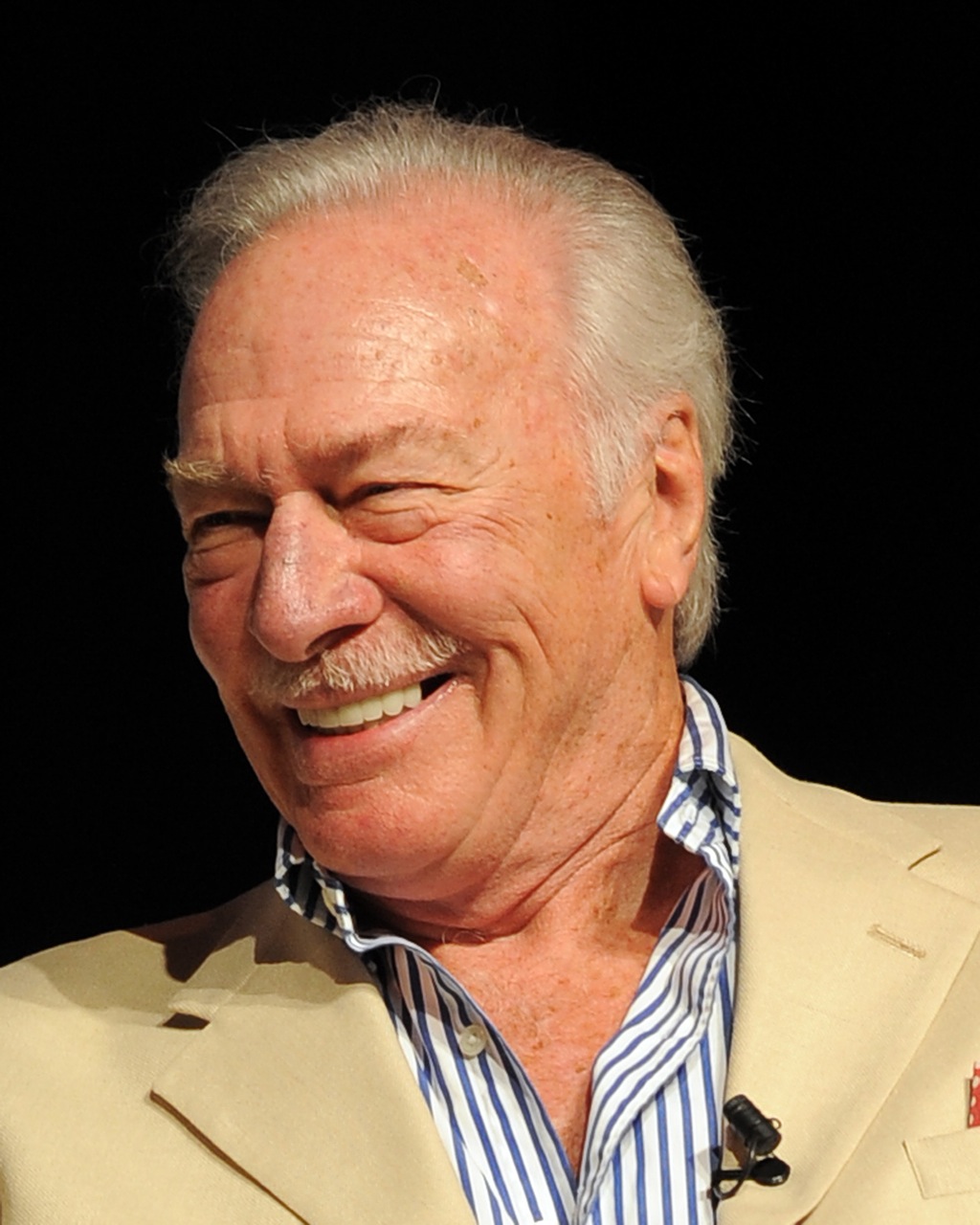 Like most actors, you have stated your preference to play parts with an evil side versus those that are overly good.
Like most actors, you have stated your preference to play parts with an evil side versus those that are overly good.
Of course. If you play too many goody-goodies it gets very boring indeed. I mean, some of the best roles and interesting people are the bad ones. A lot of very great writers have written very great villains and I think I’ve played them all in my lifetime.
Compare the joy you get from theater versus TV or film.
There’s a huge difference. In theater, it is the one place you must work as an actor to be considered great. It is the place where great writing flourishes. The screen is all about visual suggestions. The less dialogue the better. The stage is for the writer and the actor. It’s where the great poetry and literature comes from. The stage is in front of a live audience. That’s the most wonderful thing – to hear the laughter every night.
Scene 12: “Indie Queen” Actress Jess Weixler
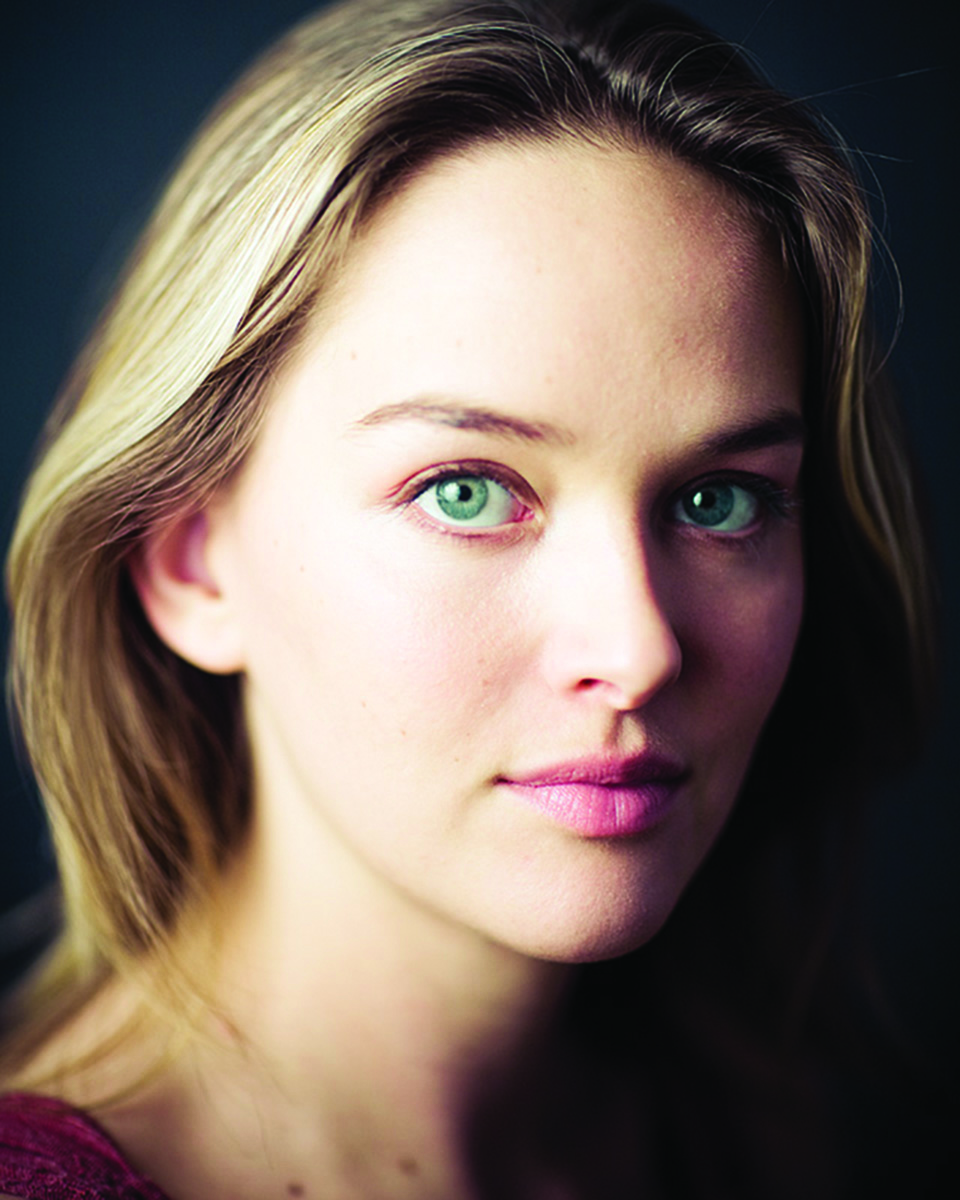 What is the secret to your relationship with Jessica Chastain and how it works in this business that so competitive?
What is the secret to your relationship with Jessica Chastain and how it works in this business that so competitive?
I think we have a sister-like relationship. It happened very early where we knew we would have each other’s back. We knew that we would always support each other and be happy for each other. This business can be competitive, but I feel it’s so nice to recognize that the feeling of being happy for somebody is actually a much bigger feeling than the feeling of being competitive, especially when you are learning from each other and you’re making each other better. I think one of the secrets or keys to our friendship is that we like helping each other be better and are so proud of each other when we have successes.
Scene 13: Tony Award Winner Ben Vereen
Film, theater and TV can shed light on important issues. Your role in the film Time out of Mind earned you high praise and was one of those teachable moments that shined the light on the plight of the homeless. What did that film teach you?
I have never been in the skin of the homeless. There by the grace of God go I. I have sympathy and a fear that one day it may be me. My want is to strengthen those who are empowered to make a difference so that if it ever happens to me, my neighbor, my family, friends or anybody, that we are able to have a system in place to help them. There are also mental problems when dealing with the homeless, and we need to have services available to help them so they don’t fall through the cracks.
Scene 14: Filmmaker Rory Kennedy
What do you hope people take away from seeing Take Every Wave: The Life of Laird Hamilton?
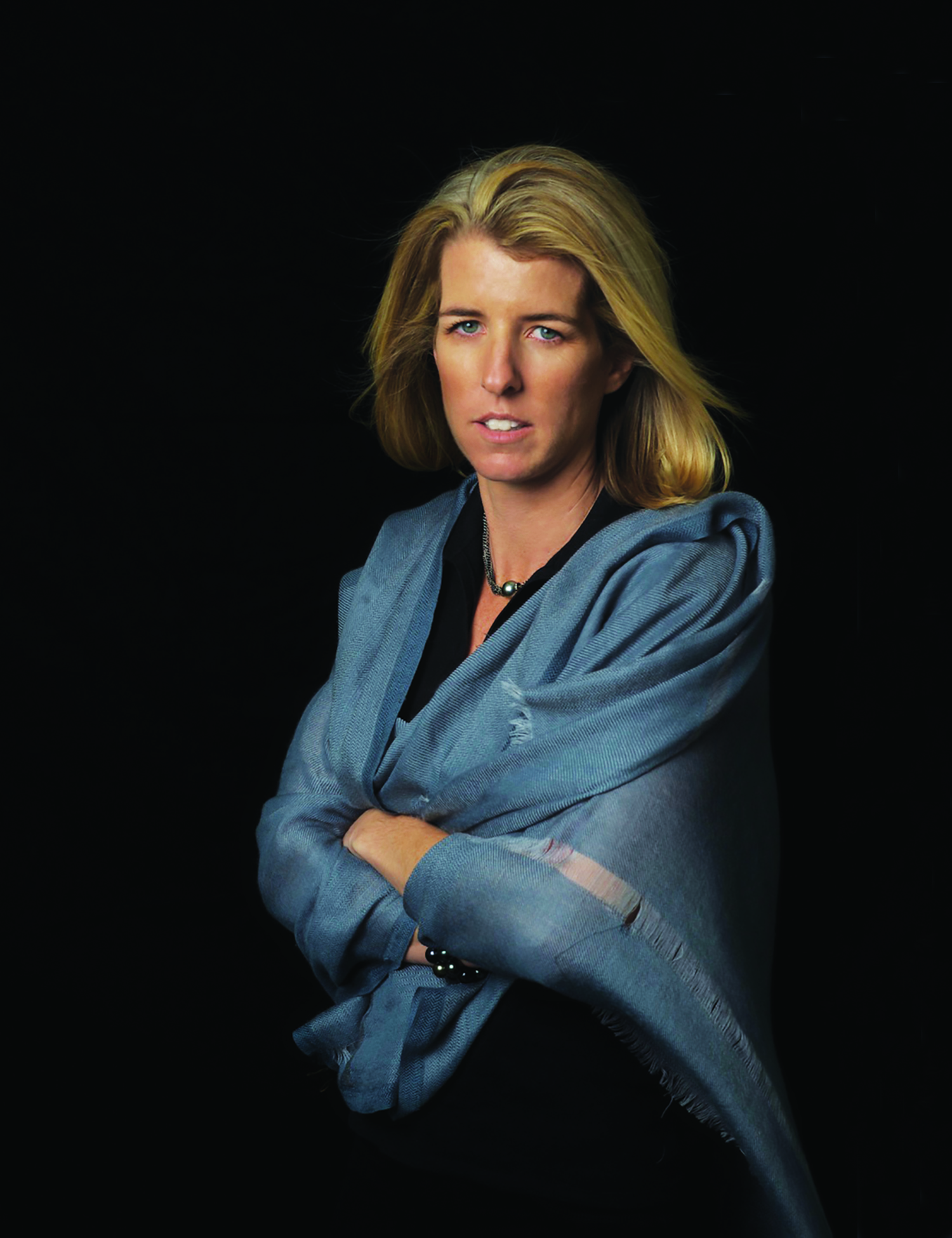 Obviously it’s a different kind of film then some of the films we just talked about and that was part of the appeal of it. It’s nice for all of us to simply challenge ourselves with a different kind of challenge. In this case, how do we capture an extraordinary athlete on enormous waves and how do you capture a life where it can go beyond the interest of purely the surf world where he’s had such an impact.
Obviously it’s a different kind of film then some of the films we just talked about and that was part of the appeal of it. It’s nice for all of us to simply challenge ourselves with a different kind of challenge. In this case, how do we capture an extraordinary athlete on enormous waves and how do you capture a life where it can go beyond the interest of purely the surf world where he’s had such an impact.
One of the things of great interest to me was that Laird is not only known as one of the greatest surfers in the world, but he’s also pushed the sport like nobody else has certainly over the last 50 years and arguably over the last 100 years. So that kind of commitment to innovation and continuing to not only push himself into things that felt scary, dangerous, daunting and unchartered territories, but also pushing the sport in a similar way, are the kind of values that I’ve always respected. Courage. Commitment. And dealing with life’s challenges.
And in a different sphere those were similar values to the ones growing up in my family. I think there is a lot to learn from these kinds of physical challenges. In my family, on vacations we would go rafting, skiing and sailing, and just being in nature. For my family, my mother and father, and my uncles and aunts, those were important values. When my Uncle Jack died, my father went and climbed Mount Kennedy as a way of processing that. It’s not entirely unfamiliar to me, his (Laird’s) attributes and what drives him. That question of what drives him to do these things that nobody has done before is what was appealing to me. I wasn’t interested in following a surfer for a year. I’m not a surfer. (Laughs) Surfing is interesting and beautiful and super cool, but that’s wasn’t what attracted me to the story and made me want turn over my life for a year. It was his drive to do things that nobody has done and what we can all learn from that. That is what was interesting to me.
Scenes 15 & 16: Legendary Documentary Filmmakers D. A. Pennebaker & Christine Hegedus
Tell me about having Barbara Kopple present the award to you both – she having been both a protégé and colleague of yours who you saw something in and encouraged when she was a young filmmaker?
Christine: Pennebaker encouraged her. I saw Barbara as a contemporary, having met her when she came to our studio. She wanted to screen her rough cut of Harlan County. So, I met her on that day. We had a special situation at our studio where you could project separate sound and picture. Back in those days you had to find a place that could do both, and we could do both.
Did you both know her piece was one of those special pieces and that she had it?
Pennebaker: Yes. We were a different breed. We were not looked on as professional filmmakers because we were using 16 millimeter and all professional filmmakers used 35 millimeters. So right away no one took us seriously. To do it in the face of there not being any outlet, no place you could to take it, show it or sell it. What could you do? We were like people who hunted dinosaurs. And there were no dinosaurs. And even if there were, you had to be really brave to go on the hunt. Barbara was fantastic because she had such guts and she was so ready to do anything that needed to be done to make a film about people that nobody cared about.
Scene 17: Oscar Winning Documentary Filmmaker Barbara Kopple
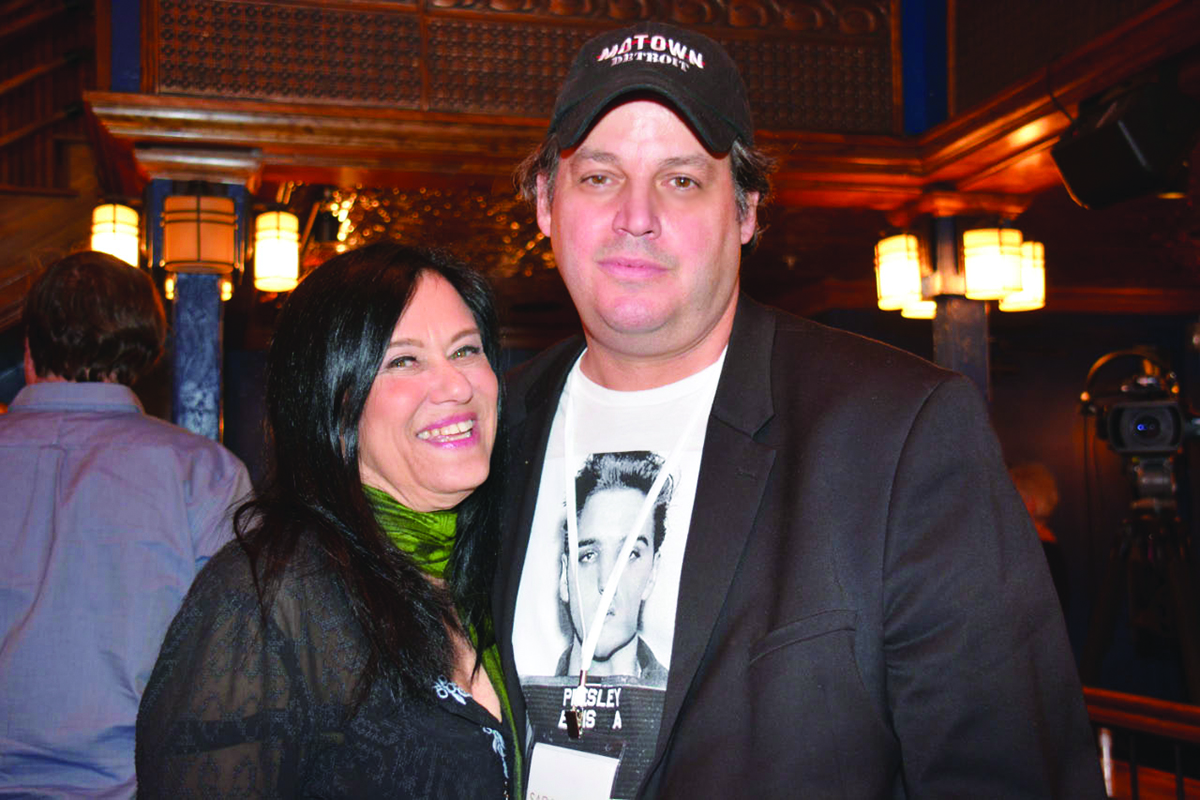 What did their work mean to you as a young filmmaker giving you that kind of recognition and nudge?
What did their work mean to you as a young filmmaker giving you that kind of recognition and nudge?
First of all, I had my first screening of Harlan County for Pennebaker and Chris at their place, when it was in rough cut. It was just quite amazing because it was all the people that I revered – Chris and Penny, the Maysles Brothers, everybody. All these people that I loved were there. I was so petrified to show my work to them because this was my first work.
Getting into the shoes of your fear at that point, because you’re up and coming, do you know what’s good and do you trust your instincts?
No. I knew I loved the film. And I loved the people and what was happening in the film, but to show it to people who were just so advanced in their careers and so brilliant, made my stomach have butterflies and that kind of thing.
Scene 18: Oscar Winning Actor Jon Voight
Who are some of the heroes in film that you admire?
I love the old classics like Mr. Smith Goes to Washington – Frank Capra and Jimmy Stewart. Great director and great actor. But even better Americans. They don’t make them like that anymore.
Scene 19: Oscar Winning Actress Charlize Theron
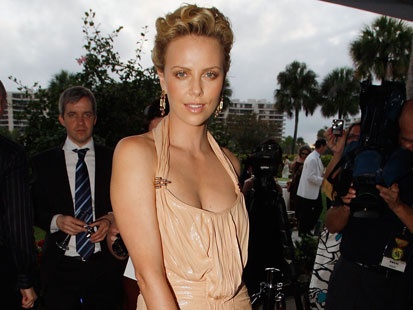 Regarding your success and your Oscar for playing Aileen Wournos in Monster, does it still feel like a dream to you? Also, who has been a big influence on you?
Regarding your success and your Oscar for playing Aileen Wournos in Monster, does it still feel like a dream to you? Also, who has been a big influence on you?
Yes, sometimes it feels that way. I take none of it for granted. I never could have imagined everything turning out as it has. I’m very grateful for everything. As far as mentors, Tom Hanks has had a big influence on me.
Scene 20: Actor Sam Elliott
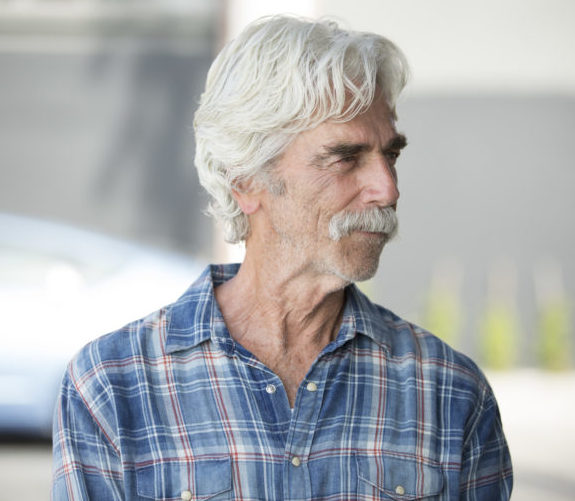 One of my favorite of your films is Mask. What is the first thing that comes to your mind when you think about Mask?
One of my favorite of your films is Mask. What is the first thing that comes to your mind when you think about Mask?
Watching Peter Bogdanovich work, and also watching his cinematographer, Laszlo Kovacs, work. That was right off the top the most impressive thing for me. That and working with Eric Stoltz and Cher – it doesn’t get any better than that.



You must be logged in to post a comment Login